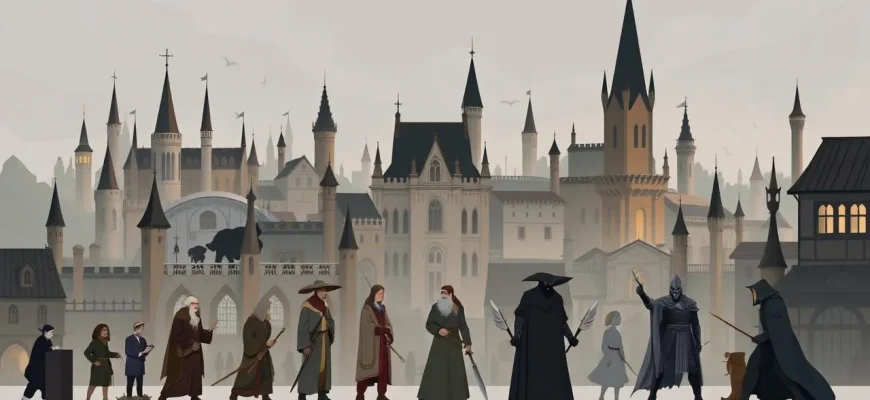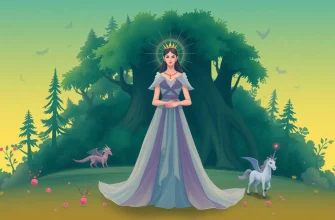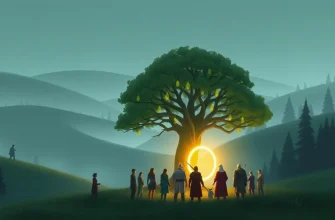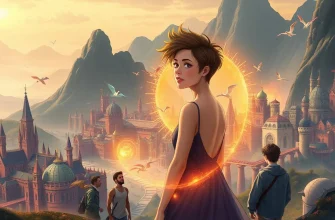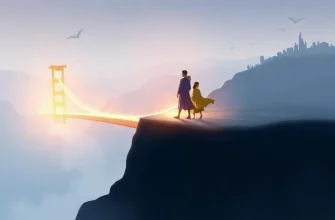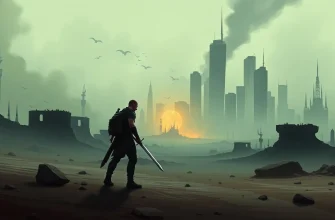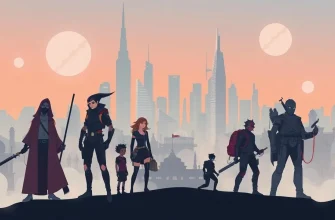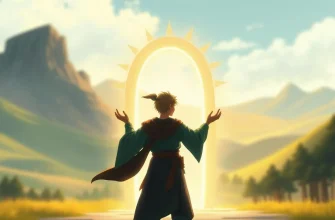Fantasy films have a unique way of exploring societal themes through the lens of magical or mythical worlds. These films not only entertain but also provoke thought about our own societies by presenting alternative realities where different rules apply. Here's a curated list of 10 fantasy films that delve into the intricacies of societal structures, offering both escapism and reflection.

A Clockwork Orange (1971)
Description: Stanley Kubrick's adaptation of Anthony Burgess's novel depicts a dystopian future Britain where a young delinquent undergoes experimental aversion therapy, exploring themes of free will and societal control.
Fact: The film's title is derived from an old Cockney expression, "as queer as a clockwork orange," meaning something bizarre or unnatural.
 Watch Now
Watch Now 
Brazil (1985)
Description: Terry Gilliam's dark comedy satirizes bureaucracy and consumerism in a dystopian future, showcasing a society where dreams are crushed by the weight of an oppressive system.
Fact: The film's title was inspired by the song "Aquarela do Brasil," which plays during the opening credits.
 Watch Now
Watch Now 
The City of Lost Children (1995)
Description: This surreal film explores a dystopian society where children are kidnapped to fuel the dreams of an aging scientist, reflecting on themes of exploitation and the loss of innocence.
Fact: The film was co-directed by Jean-Pierre Jeunet and Marc Caro, known for their visually stunning and imaginative storytelling.
 Watch Now
Watch Now 
The Matrix (1999)
Description: A hacker discovers the truth about his reality and his role in a rebellion against the controllers of a simulated world, reflecting on themes of control and reality.
Fact: The Wachowskis developed a unique visual style for the film, including "bullet time" effects.
 Watch Now
Watch Now 
Equilibrium (2002)
Description: A society where emotions are outlawed to prevent war, but one man's discovery of art and emotion leads to a rebellion against the regime.
Fact: The film's concept of "Gun Kata" was developed specifically for the movie, blending martial arts with firearms.
 Watch Now
Watch Now 
The Village (2004)
Description: M. Night Shyamalan's thriller about a secluded 19th-century village whose inhabitants live in fear of creatures in the surrounding woods, reflecting on isolation and the unknown.
Fact: The film was shot in a style reminiscent of 19th-century paintings to enhance the period feel.
 Watch Now
Watch Now 
The Island (2005)
Description: In a seemingly perfect world, inhabitants are unaware they are clones waiting to be harvested for organs, exploring themes of identity and freedom.
Fact: Michael Bay directed this film, known for his action-packed blockbusters.
 Watch Now
Watch Now 
The Giver (2014)
Description: In a seemingly utopian society where emotions and memories are suppressed, one boy's journey to understand the past reveals the true cost of conformity.
Fact: The film is based on Lois Lowry's award-winning novel of the same name.
 Watch Now
Watch Now 
Never Let Me Go (2010)
Description: This film, based on Kazuo Ishiguro's novel, follows the lives of students at a secluded English boarding school who are clones raised for organ donation, exploring themes of humanity and ethics.
Fact: The film's setting was inspired by the real-life Hailsham House in Berkshire, England.
 Watch Now
Watch Now 
The Lobster (2015)
Description: In a world where single people are given 45 days to find a romantic partner or be turned into an animal of their choice, this film examines societal pressures regarding relationships.
Fact: The film's director, Yorgos Lanthimos, often explores themes of conformity and control in his work.
 Watch Now
Watch Now 
